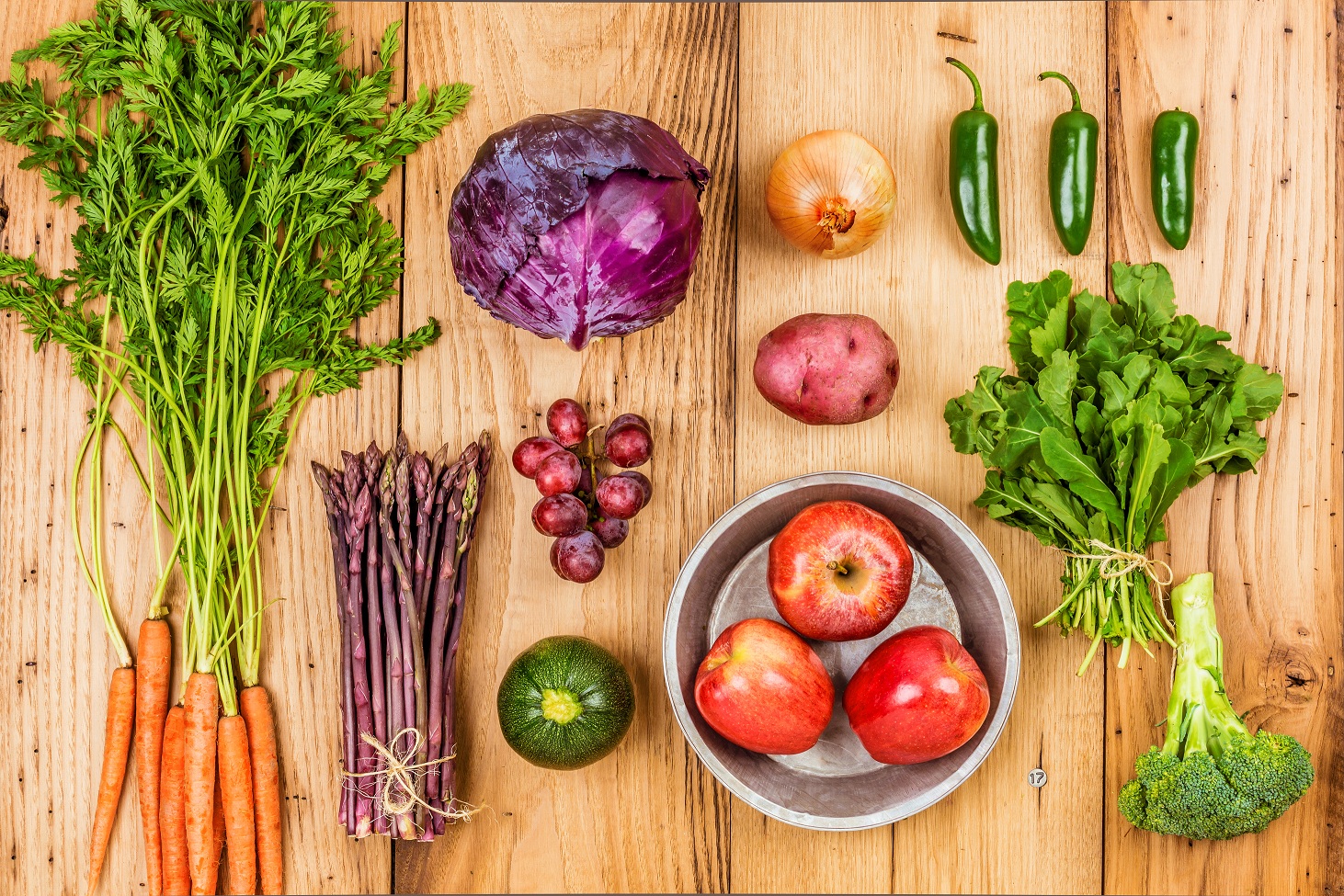The Future of the Organic Movement: Organic 3.0
Author: Susanna Byrd
Organic is due for a re-haul, according to a recent discussion paper released by the International Federation of Organic Agriculture Movements (IFOAM) during the International Organic Exposition held in Goesan, Korea in October. The report, Organic 3.0: For Truly Sustainable Farming and Consumption, proposes the worldwide launch of a new phase of the organic movement.
From the visionary phase of organic agriculture in the early 20th century (termed Organic 1.0) to the acceptance of industry regulation and certification from the 1970s to the present (Organic 2.0), the movement towards sustainable food systems has enjoyed growth and success. By 2015, 82 countries had implemented regulations for organic food systems. By 2013, the global market for organic food was valued at US$72 billion.
Despite these accomplishments, however, organic agriculture currently represents less than 1 percent of global land and food production. The IFOAM report argues that the world must now enter into a new organic paradigm, referred to as Organic 3.0, which would address and resolve shortfalls of the current movement. The ultimate goal of Organic 3.0 is to propel organic agriculture out of its current “niche” role and towards a mainstream acceptance of organic practices, along every node of the supply chain. Organic 3.0 proposes a global effort “positioning organic as a modern, innovative system which puts the results and impacts of farming in the foreground.”
The report repeatedly emphasizes the idea of “true sustainability,” admitting that current organic systems struggle to address issues like fair pricing, new farming technologies, and the important role of smallholder, non-certified farmers.

